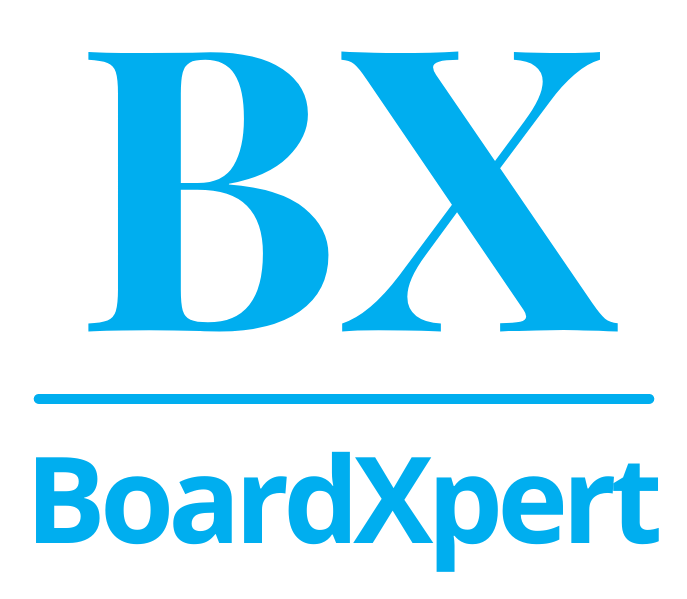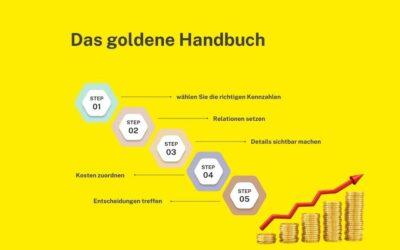This smashing wave of change in the language industry brings me (an experienced turn-around-manager) and my clients in an extraordinary situation: the strategical and tactical turn-around is not being pushed by an existing vital commercial crisis of the specific company, which urges for immediate and tough decisions. Indeed, it’s a true, fundamental technological innovation pressure.
So yes, there is (time) pressure to find sustainable good solutions for each specific company. And at the same time, the new technologies hitting the market every day offer additional, new possibilities for every business. To make it clear: this is not a fundamental change for the core functions of LanguageServiceProviders (LSPs) (see also https://boardxpert.de/lsps-player-in-a-dying-industry/). A lot of LSPs run their business one-dimensional, simply because it has been enough to do so: organising the execution of translations. It has been feeding their companies quite well, but times are changing. It’s no longer enough to have a ‚one-trick-pony‘.
Now those LSPs have to re-train their forgotten muscle called ‚process consultancy‘. Consultancy means guiding clients through the jungle of more than 700 different tools and technologies. Helping clients to use the appropriate set of tools and integrate them into their operational processes.
And this is it, both: challenge and fun to experience and support successful managers on their way to re-invent their business models, their companies.
It’s more than visible, it’s tangible: todays business model of a lot LSPs are going to disappear. Things which were cash cows for several years now are commodity and can be done by relatively cheap technological solutions. Example: simple translation of (e.g. technical) content was profitable to very profitable for LSPs. With the extensive usage of NMT and LLMs – which already starts on clients side – the amount of words which need to be translated (gross words vs. net words, fuzzy matches & co.) by LSPs is shrinking drastically.
It’s not a „big bang change“, which happens within just a few weeks – but it’s a massive and permanent change: quite some LSPs experience a year-over-year reduction in turnover between 25-35%. Some already for the second year in a row. Often enough they do not face real client churn. The clients are still clients and place orders – but they order way less than in previous years.
The typical situation when I was approached to jump in and take responsibility as a turn-around manager has been: „Huston, we have a (massive) problem – and there is neither time, nor money to fix it“.
Instead, since more than two years I have the privilege to work with CEOs and company owners from several countries who were aware of the thread deep tech is bringing to their existing business models and the need for change. All of them are facing different situations and therefore prefer different solutions:
- Focus on a specific niche + diversifying service offering
- Deepen technological competence, embracing tech, change company image and market positioning
- Pivot or at least enrich business model adding additional business unit with just a weak link to translation
What is valid for all of them: the strong belief that structuring all the available knowledge about their clients industries and the processes they are underlying is the fundament to gain traction on the execution of a more consultative business approach.
In every discussion I can feel the pressure the company owners and CEOs are facing: they are fully aware there is a need for change. And they know: the faster they decide, the better. Waiting too long or a wrong decision would cost them a lot of money. That’s what makes it very challenging.
One may say: „This is very close to typical turn-around management“, but I would rather call this an anticipating turn-around management, or more traditionally: active change management.
And although this is hard work: exactly this makes it fun to me: shaping business models, clarifying target groups, buying persona, pain, needs and gains, unique selling propositions (USPs), as well as go-to-market plans including business- and budgetplans is fun. Adding then discussions about strategic M&A, finding suitable acquisitions and make them happen – that’s what makes my day!
And even if it sounds “simple”: finding ways to cut costs while still fueling productivity; Developing and verifying alternative scenarios and finding the best suitable decision are also very rewarding to me.







